The first difficult days
In 2020, Ia Puch Border Guard Station deployed a wet rice cultivation model on the land at the end of Chu Ko village, aiming to change the mindset, working methods and increase income for people in the difficult border commune of Ia Puch.
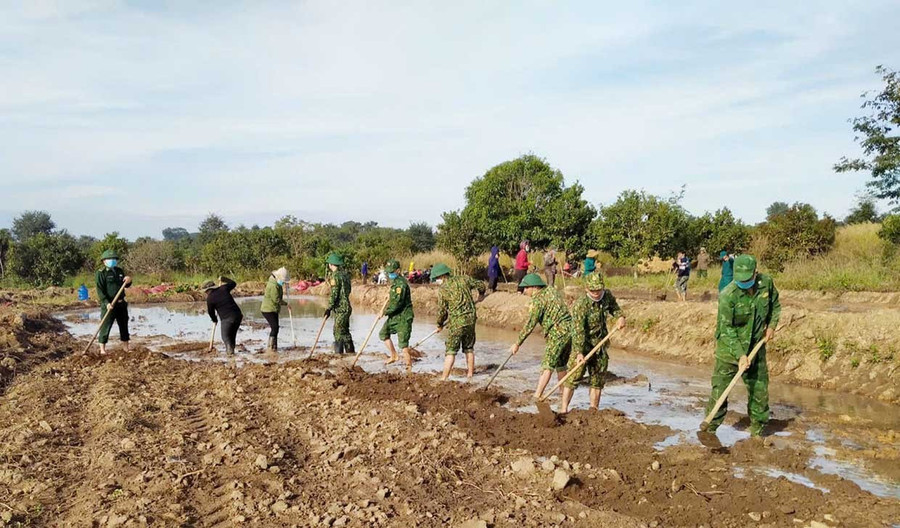
The steep terrain, long-abandoned land, lack of machinery and the Jrai people's habit of only growing upland rice in this area made the initial journey challenging. Major Puih Duc, Head of the Mass Mobilization Team (Ia Púch Border Guard Station), recalled: “At that time, most Jrai households were only used to growing upland rice. When hearing about the movement to grow wet rice, people were worried that farming was hard work and they were not sure of having enough to eat. But with the determination to help people have a better life, the officers and soldiers of the Station did not hesitate to face difficulties in implementing it. Initially, we took turns going down to the village to mobilize. When the people agreed, the soldiers and people directly reclaimed the land, brought water from the stream, and selected suitable seeds for planting. We also held their hands and showed them everything from soaking and incubating seeds, preparing the soil, weeding, and pest control.”
Mr. Siu Kim (Chu Ko village), a pioneer in the model, shared: “At first, everyone was skeptical. I thought the soldiers were showing us a new way to avoid hunger, so we just tried it, and if it didn’t work, we wouldn’t lose anything. Unexpectedly, the first rice crop brought our family rice all year round. That success created confidence, spread to many households, and encouraged people to boldly listen to the Border Guard and participate in rice cultivation.”
According to Lieutenant Colonel Phan Cong Thang, Political Commissar of Ia Puch Border Guard Station: In 2020, the unit deployed the model in Chu Ko village. By 2022, from the initial results, the unit coordinated with the Commune People's Committee to call on businesses to join in leveling the ground to expand the area and support rice varieties. Thanks to that, the wet rice growing model achieved results beyond expectations. Currently, officers and soldiers of the Station continue to support people in production, contributing to strengthening the military-civilian relationship at the border of the Fatherland.
Prosperity in the border areas
The initiative of growing rice in the border areas has proven its lasting value: It not only helps people have a prosperous life but also creates a solid foundation for the people's hearts. The golden rice fields today are the result of the solidarity between the army and the people, and the fulcrum to protect every inch of the sacred land of the Fatherland.
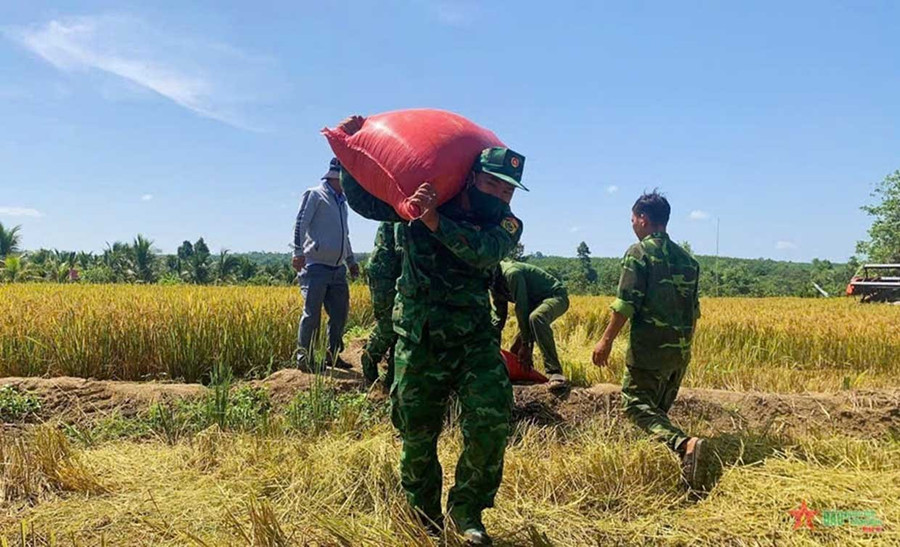
If at the beginning of the implementation, there were only 3 households growing 0.6 hectares of wet rice, now there are 18 households participating with nearly 8 hectares. The yield reaches 5 - 6 tons/ha, 5 times higher than upland rice. Mr. Ro Mah Thiet (Chu Ko village) said: "At first, I was afraid of wasting my efforts, but the Border Guard came every day to guide me. Now the fields are completely different, my family has rice to eat all year round, no longer worrying about hunger. We also sell rice to save money to buy TVs and motorbikes."
Ms. Siu Bin (same village) shared: “Thanks to the attention of the government, businesses and the Border Guard, villagers have become accustomed to growing wet rice. The fields are increasingly expanding, with many households achieving a yield of 6-7 tons/ha/crop. Two-crop wet rice not only ensures food but also brings prosperity. The villagers are very grateful to the officers and soldiers of Ia Puch Border Guard Station. In addition to supporting farming, the soldiers also instruct the villagers on how to use plows and pumps. During production or harvest, the soldiers take turns helping the villagers.”
Lieutenant Colonel Ngon Ngoc Cuong, Head of Ia Púch Border Guard Station, affirmed: “Helping people develop production, especially rice cultivation, is not only a responsibility but also a sentiment of border guards towards the people on the border. Helping people escape poverty and have a prosperous life is the way we protect the border from the people's hearts. The sweat of hundreds of officers and soldiers pouring into the fields has helped Chu Ko fields expand, arousing confidence in long-term livelihoods. Currently, the unit is surveying to mobilize more households to participate, expand the model, contribute to changing the face of the countryside and improving people's lives."
Source: https://baogialai.com.vn/xay-the-tran-long-dan-tu-mo-hinh-trong-lua-nuoc-post564754.html


![[Photo] Many streets in Hanoi were flooded due to the effects of storm Bualoi](https://vphoto.vietnam.vn/thumb/1200x675/vietnam/resource/IMAGE/2025/9/29/18b658aa0fa2495c927ade4bbe0096df)
![[Photo] National Assembly Chairman Tran Thanh Man chairs the 8th Conference of full-time National Assembly deputies](https://vphoto.vietnam.vn/thumb/1200x675/vietnam/resource/IMAGE/2025/9/29/2c21459bc38d44ffaacd679ab9a0477c)
![[Photo] General Secretary To Lam chairs the meeting of the Central Steering Committee on preventing and combating corruption, waste and negativity](https://vphoto.vietnam.vn/thumb/1200x675/vietnam/resource/IMAGE/2025/9/29/fb2a8712315d4213a16322588c57b975)
![[Photo] General Secretary To Lam receives US Ambassador to Vietnam Marc Knapper](https://vphoto.vietnam.vn/thumb/1200x675/vietnam/resource/IMAGE/2025/9/29/c8fd0761aa184da7814aee57d87c49b3)

![[Photo] General Secretary To Lam attends the ceremony to celebrate the 80th anniversary of the post and telecommunications sector and the 66th anniversary of the science and technology sector.](https://vphoto.vietnam.vn/thumb/1200x675/vietnam/resource/IMAGE/2025/9/29/8e86b39b8fe44121a2b14a031f4cef46)




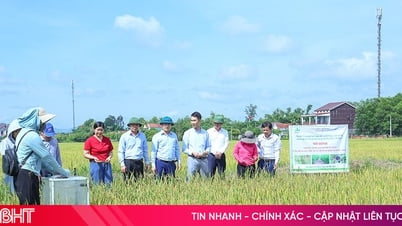





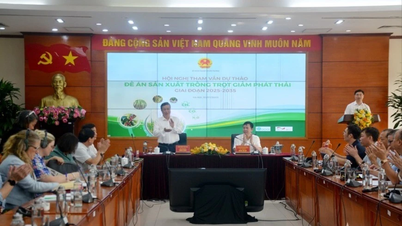

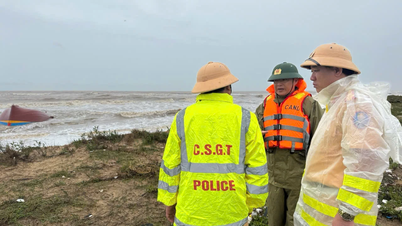


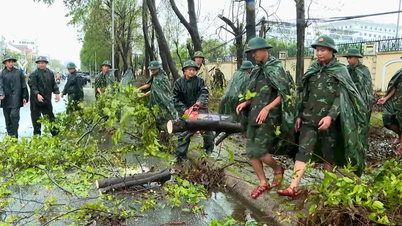

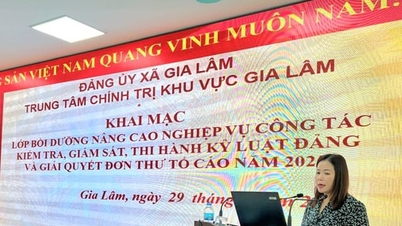

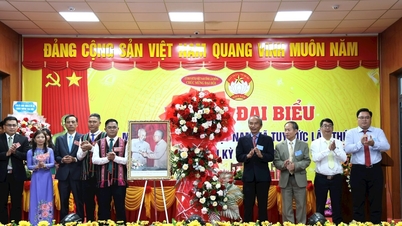

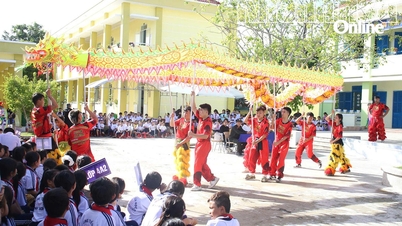






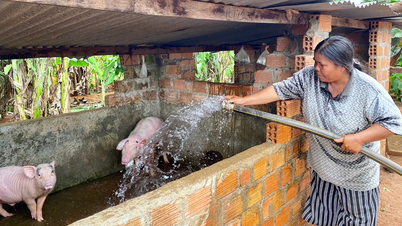


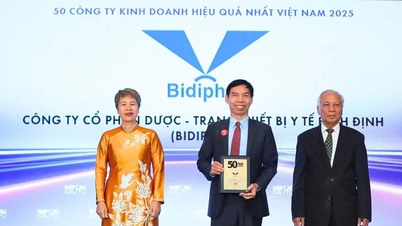













































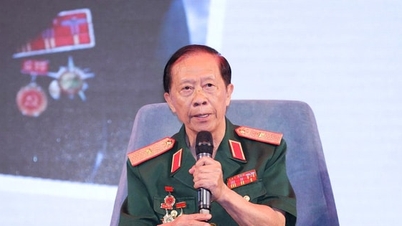



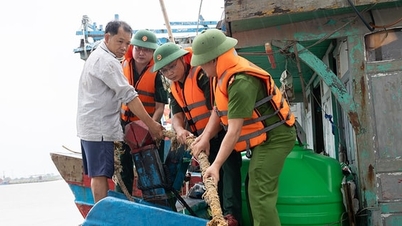
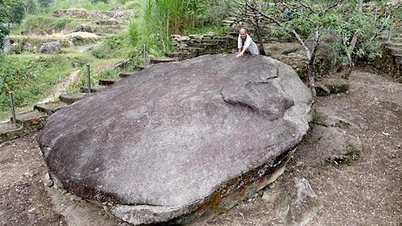

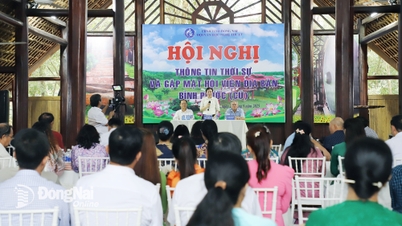









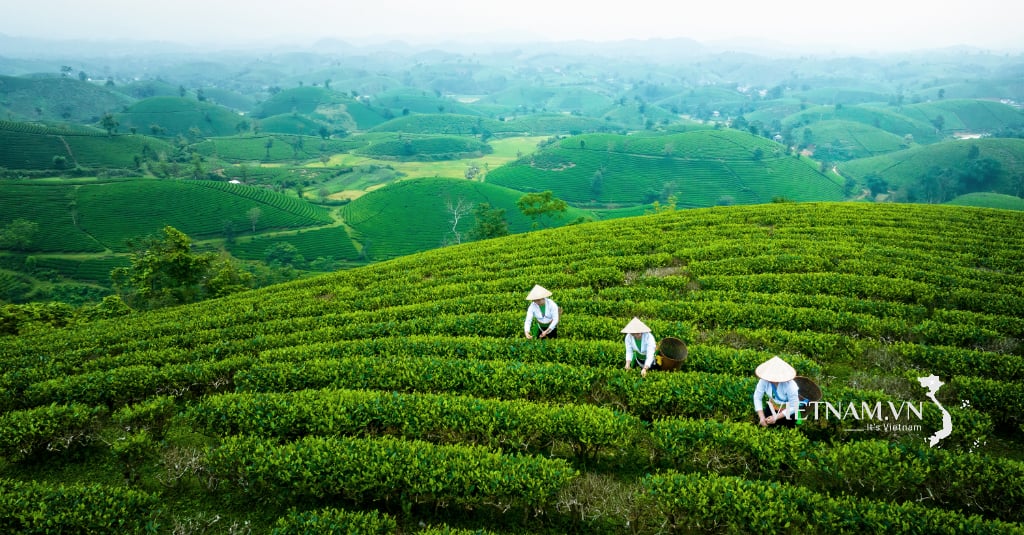



Comment (0)